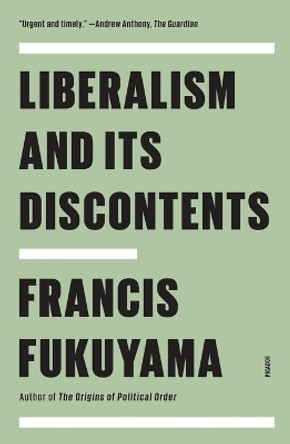The rise of populism in new democracies, especially in Latin America, has brought renewed urgency to the question of how liberal democracy deals with issues of poverty and inequality. Citizens who feel that democracy failed to improve their economic condition are often vulnerable to the appeal of political leaders with authoritarian tendencies. To counteract this trend, liberal democracies must establish policies that will reduce socioeconomic disparities without violating liberal principles, interfering with economic growth, or ignoring the consensus of the people. "Poverty, Inequality, and Democracy" addresses the complicated philosophical and moral issues surrounding the distribution of economic goods in free societies as well as the empirical relationships between democratization and trends in poverty and inequality. This volume also discusses the variety of welfare-state policies that have been adopted in different regions of the world. The book's distinguished group of contributors provides a succinct synthesis of the scholarship on this topic. They address such broad issues as whether democracy promotes inequality, the socioeconomic factors that drive democratic failure, and the basic choices that societies must make as they decide how to deal with inequality. Chapters focus on particular regions or countries, examining how problems of poverty and inequality have been handled (or mishandled) by newer democracies in Latin America, Eastern Europe, Africa, and Asia. Poverty, Inequality, and Democracy will prove vital reading for all students of world politics, political economy, and democracy's global prospects. Contributors include: Dan Banik, Nancy Bermeo, Dorothee Bohle, Nathan Converse, Alberto Diaz-Cayeros, Francis Fukuyama, Bela Greskovits, Stephan Haggard, Ethan B. Kapstein, Robert R. Kaufman, Taekyoon Kim, Huck-Ju Kwon, Jooha Lee, Peter Lewis, Beatriz Magaloni, Mitchell A. Orenstein, Marc F. Plattner, Charles Simkins, Alejandro Toledo, and Ilcheong Yi.
About the AuthorFrancis Fukuyama is the Olivier Nomellini Senior Fellow at Stanford University's Center on Democracy, Development, and the Rule of Law. Larry Diamond is senior fellow at the Hoover Institution and at Stanford's Freeman Spogli Institute for International Studies, where he directs the Center on Democracy, Development, and the Rule of Law. Marc F. Plattner is vice president for research and studies at the National Endowment for Democracy. Plattner and Diamond are coeditors of the Journal of Democracy.
ReviewsThis text is well-crafted and is a challenging, thoughtful, and provocative treatise on the topic... This book offers a welcome, fresh insight to the consequences of democratic transitions in a variety of regions. Book Bargains and Previews Starting from the phenomenon of growing inequality in much of the world, the book looks at the difference between poverty and inequality and the political effects of each of these on democracy, including the rise of authoritarian populism... Recommended for students of developing nations in general and Latin America in particular. Choice
Book InformationISBN 9781421405704
Author Francis FukuyamaFormat Paperback
Page Count 216
Imprint Johns Hopkins University PressPublisher Johns Hopkins University Press
Weight(grams) 318g
Dimensions(mm) 229mm * 152mm * 13mm







